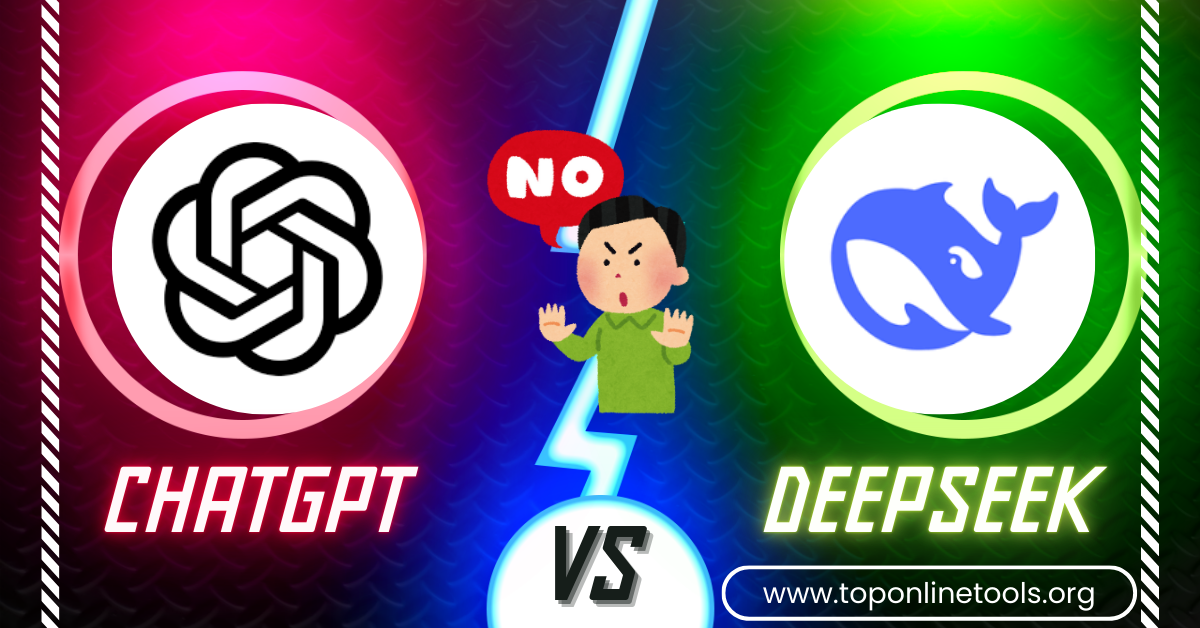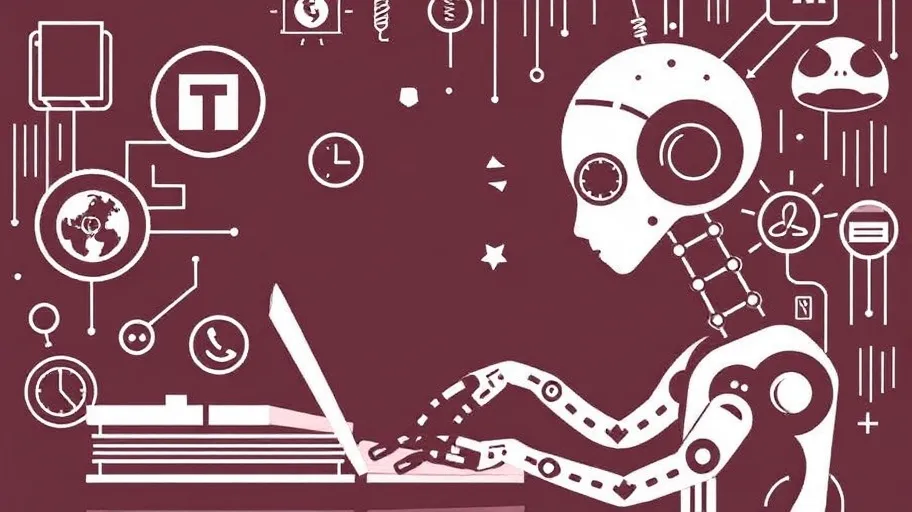Looking for AI research tools that go beyond ChatGPT? 🚀 Discover 6 powerful alternatives in 2025 that deliver deeper insights, citations, and pro capabilities. Try them now!
The Hook 🎯
Imagine this: You’re working on a thesis, an investor pitch, or a high-stakes research project. You ask ChatGPT for sources — and suddenly realize… it sounds confident, but half the citations don’t exist!
Frustrating, right? 😤
You’re not alone. Researchers, students, analysts, and knowledge workers in 2025 are all facing one big pain point: ChatGPT is great for conversation, but not built for serious research.
That’s why a new wave of AI tools — smarter, fact-checked, and purpose-built for researchers — is quietly taking over. And guess what? Many of them are simply better than ChatGPT for research workflows.
Why “Research AI Tools” Are Trending in 2025 📈
By 2025, we’ve entered a new AI arms race. Students rely on AI to draft essays, PhD scholars need help navigating thousands of papers, analysts track fast-changing markets, and business owners need actionable insights faster than ever.
But here’s the catch:
- ChatGPT often hallucinates facts.
- It rarely provides live web sources.
- It wasn’t designed to rival academic-level search engines.
Enter Research AI Tools → They combine conversational AI with real-time search, citation tracking, and academic integrations. The result? Evidence-based answers, plagiarism-safe outputs, and a massive productivity boost.
🧠 The 6 Research AI Tools BETTER Than ChatGPT (2025 Edition)
Here’s our carefully tested list → each tool explained with clarity, features, and best use case.
1. Perplexity AI – “The Google Scholar + Chatbot Hybrid”
Why it’s better: Unlike ChatGPT, it cites every claim with live sources. Perfect for anyone who asks: “But where’s the reference?”
Features:
- Real-time web + academic paper integration.
- Copilot mode for guided queries.
- Chrome extension & mobile app.
Best Use Case: For fact-checking, market trends, academic research where citations are mandatory.
2. Claude AI (Anthropic) – “The Human-Like Writer That Understands Context”
Why it’s better: Claude 3.5 handles massive documents (up to 200k tokens!) — making it superior for analyzing research papers, PDFs, and long reports.
Features:
- Summarizes 100+ page documents in seconds.
- Polite, safe, and nuanced writing.
- Integrations with Notion, Slack, and Workspace tools.
Best Use Case: For deep reading, report summarization, or large legal/financial documents.
3. Elicit.org – “The Research Assistant for Academics”
Why it’s better: Tailored for literature review automation. Unlike ChatGPT, Elicit fetches directly from peer-reviewed databases.
Features:
- Finds and summarizes scientific papers.
- Automates hypothesis mapping.
- Helps compare methodologies.
Best Use Case: For students and researchers writing dissertations and peer-reviewed journal articles.
4. Scite.ai – “The Citation Detective”
Why it’s better: Instead of just listing references like ChatGPT, Scite tells you how a paper has been cited (supportive, neutral, or disputing).
Features:
- Smart citation context.
- Connects to academic publishers.
- Chrome extension for inline fact-checking.
Best Use Case: For research validation and avoiding misleading or outdated studies.
5. Paperpal – “Your Academic Writing Coach”
Why it’s better: Beyond summarization, Paperpal improves grammar, style, and journal-readiness of academic drafts.
Features:
- Instant proofreading & paraphrasing.
- Checks compliance with academic journals.
- Tailored to scholarly writing.
Best Use Case: For PhD students, research authors preparing publications.
6. Consensus – “AI That Reads 200M+ Science Papers”
Why it’s better: Instead of random web data like ChatGPT, Consensus focuses only on scientific literature — giving higher accuracy.
Features:
- Evidence-based answers with references.
- Semantic search across academic articles.
- Summaries with strength of consensus.
Best Use Case: For exploring experimental data, medical research, and science-backed claims.
✅ Honorable Mentions:
- Microsoft Copilot (for businesses + Office integration).
- Semantic Scholar (free, research-focused).
- Grok AI (for X/Twitter data insights).
⚖️ Buyer’s Guide: How to Pick the Best Research AI Tool
Not all research AI tools are the same. Here’s how you can choose:
- Need Citations? → Perplexity or Scite.
- Big Document Analysis? → Claude.
- Academic Writing Support? → Paperpal.
- Scientific Validity? → Consensus.
- Systematic Reviews? → Elicit.
👉 Common mistake: People use ChatGPT for serious academic research. Don’t. It’s fine for brainstorming, but not fact-checking.
🔥 Pro Tips to Maximize Research AI
- Combine tools → Use Perplexity for discovery, then Scite to verify citation strength.
- Feed longer docs → Claude can handle data dumps that break ChatGPT.
- Save queries → Build reusable prompts in Elicit for faster repetition.
- Journal prep hack → Draft in Paperpal → polish in Claude → submit with confidence.
Mini Case Study 📚
👩🎓 Radhika, a PhD student from Delhi University, used Elicit to screen 500 papers on climate change. What would’ve taken 3 months, she finished in 3 weeks. She then polished her final paper in Paperpal and fact-checked citations via Scite.
➡️ Result: Accepted into a Q1 academic journal without multiple rewrites.
Her words: “ChatGPT would have given me summaries, but without tools like Elicit and Scite, my literature review wouldn’t stand up to peer-review.”
FAQs (Quickfire Style) 💡
Q1: What is the best AI tool for research papers in 2025?
Perplexity and Elicit lead for academic accuracy, while Claude is best for digesting long documents.
Q2: Can ChatGPT still be used for research?
Only for brainstorming and idea generation. Avoid relying on its citations.
Q3: Which AI tool is free?
Perplexity and Paperpal offer free tiers, but with limits.
Q4: What’s the difference between Scite and Consensus?
Scite measures how papers are cited, while Consensus summarizes evidence across multiple studies.
Q5: Can AI replace human research?
No — it speeds up the process but human critical thinking and interpretation remain key.
Conclusion 🚀
If ChatGPT is your friendly generalist, these 6 AI research tools are your specialist dream team. Whether you’re a student, researcher, or data-driven professional, 2025 is the year to supercharge your research workflow with AI that doesn’t just talk smart — but thinks with facts.
👉 Don’t settle for generic AI answers. Pick the tool that fits your workflow, and start experimenting this week.

